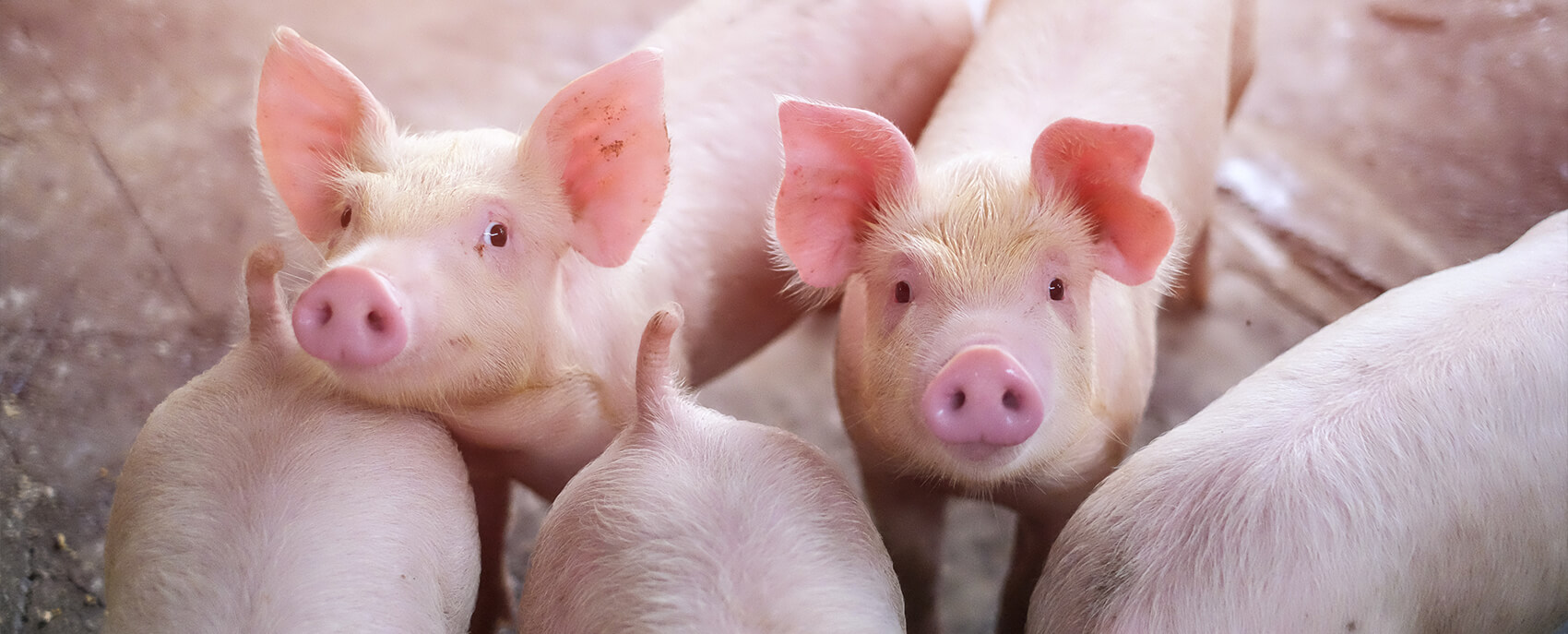Many people limit their meat consumption because of the fear of the antibiotics and hormones it contains. This is unnecessary - meat of Polish origin is not stuffed with bactericidal substances that affect people’s health.
If so, why does such a myth persist in society and how to refute it?
It is obvious that farm animals receive antibiotics. This happens in the same situations as we, people, need to take them. When an animal falls ill, an appropriate veterinarian examines it, diagnoses and prescribes treatment. If the doctor suspects a bacterial infection, he starts antibiotic therapy. The amount of medicine that can be given to the animal is selected individually and recorded in the appropriate medical documentation available from the veterinarian. In addition, meat samples are examined by specialized diagnosticians, and the presence of undesirable substances in meat is supervised by the Veterinary Inspection.
Some consumers are concerned that hormones contained in food are responsible for the large size of farm animals, especially poultry. However, the truth is completely different. The possibilities of modern biology and biotechnology have enabled the crossing of species from which only some are selected for breeding. Selected animals are larger, have high muscle mass and achieve it without the need for pharmaceutical substances. These species grow quickly thanks to optimal access to light and food that ensures that all their nutritional needs are met.
If anyone still has doubts, we remind you that hormones in poultry production must not be used in the European Union for over 20 years! More and more research shows that using the right breeds allows achieving much better results than using hormone therapy, very popular several decades ago.
The fear of drugs being present in meat is therefore unjustified. Therefore, consumers can consciously choose food of Polish origin, knowing that it meets strict quality standards.


